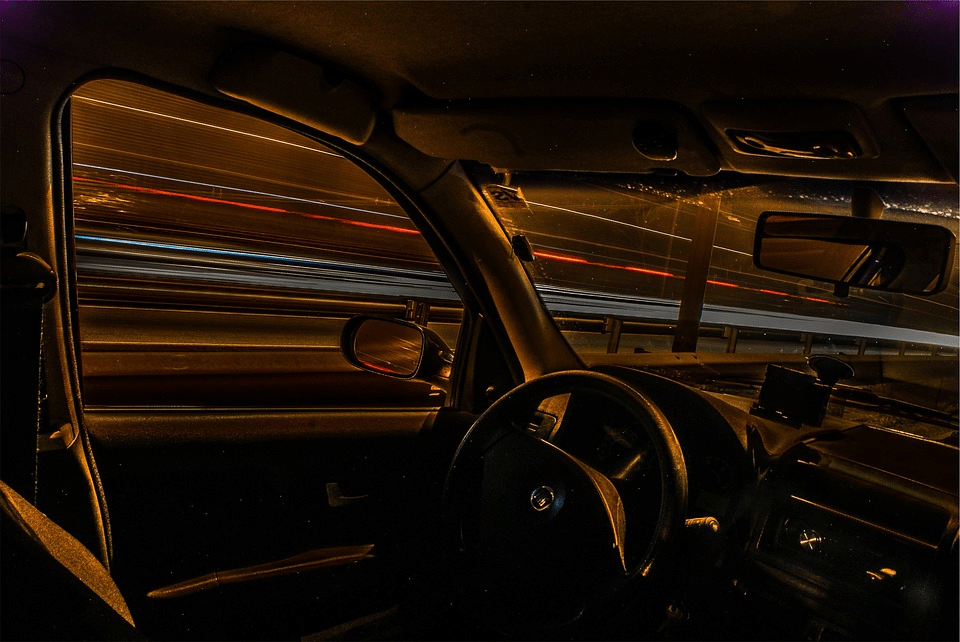Dashboard cameras or dash cams are a popular way to upgrade your vehicle. They can record everything that occurs around your vehicle, and automatic dash cams do this automatically, resulting in tons of footage. This has led to a number of debates after cams have captured car crashes and other incidents. Can a cash cam be used if you’re in an accident? Are there limits on when it can be used? Let’s look at a few ways to protect this critical piece of evidence without violating the rights of others.
Working with Your Attorney when You Have Dashcam Footage
If you’ve been in an accident, it is wise to talk to an attorney. When you meet with the attorney, provide them with your dashcam footage. Furthermore, you need to sign the documents necessary to ensure that the dashcam footage is privileged. Then law enforcement administration or other bureaucrats can’t prevent your access to evidence that is critical to your defense. This is especially important when dealing with police corruption or fraud. A lawyer that specializes in auto accidents will be able to ensure that dashcam evidence isn’t considered inadmissible in court. Note that the same is true of any other electronic data you have, such as pictures from your cell phone.
Audio, Video and the Law
Dashcam footage is generally admissible in court. It is almost always valuable evidence since dashcam footage is presumed to be true and accurate. Furthermore, it may document events you weren’t a witness to, such as when you didn’t see the person who blindsided you or were rendered unconscious by the accident. Or it simply backs up your claim.
Yet there are cases where it could be thrown out. For example, if the camera recorded audio in a state where wiretapping laws say you can’t do this without the full consent of everyone involved, your footage may be rejected unless it is video-only. You cannot use the dashcam footage to record private conversations without the others being aware and consenting to that fact. You may need the permission of other passengers in the car to release the dashcam footage that includes them. If you are driving a rental car, your attorney may have to file a subpoena to get the footage.
Footage and Fault Laws
Dashcam footage is great at establishing fault. It will document violations of traffic laws and attempts at fraud such as people faking accidents and injuries. That makes a continuous record of what happens around you invaluable protection in these cases. However, the laws regarding fault vary from state to state. In an at-fault state, the person who caused the accident will be considered responsible. In a no-fault state, every policyholder can file a claim with their insurer regardless of who is at fault. That decreases the value of dashcam footage in these cases.
Recognize that dashcam footage and other digital records could prove that you’re partially at fault, too. For example, they may have hit you, but the same camera may show you were a little above the speed limit or were distracted at the time. If the footage shows that you were partially at fault, this may reduce the total award from the insurance company.
Conclusion
Dashcam footage is one of the best forms of evidence to have at hand when you’ve been in an accident. However, you may need to jump through a few legal hoops to ensure it can be used in court.

